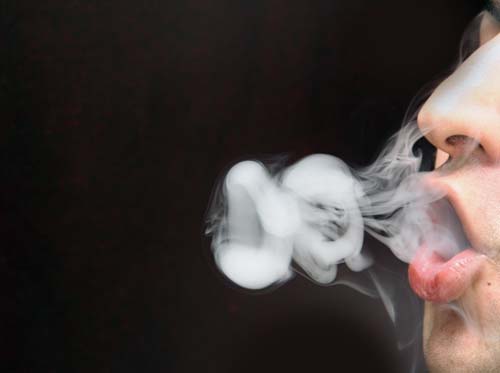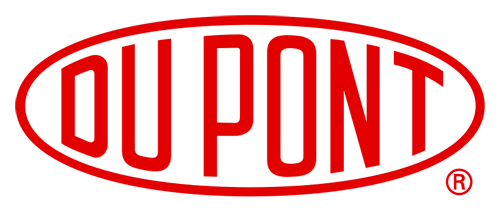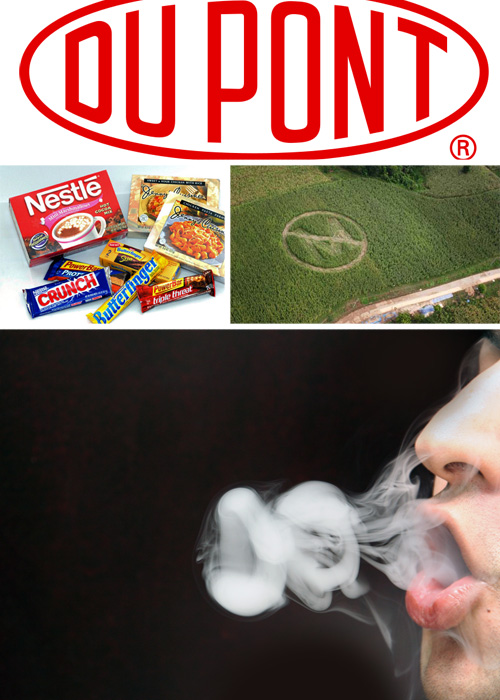Murder, kidnapping, torture, sex crimes, production of chemical weapons, war profiteering and warmongering, worker discrimination, sale and distribution of lethal products, water pollution and privatization, child labor and environmental degradation sound like plot points of an Academy Award-winning film starring Angelina Jolie. Sadly, these atrocities are not only forged by the imaginations of Hollywood screenwriters, but also human rights abuses perpetrated by some of the most influential (and dangerous) companies in the world. And though greedy and corruptive business practices easily and often openly weave through the day-to-day functions of seemingly harmless corporations, some companies wear their disregard for human life like a badge of honor and a magnet for an increased profit margin.
Big Tobacco

Big Tobacco is more properly an alternate name for the tobacco industry as a whole. It encompasses the heavy hitters of this highly controversial industry, including Altria Group, Reynolds American and Philip Morris International. As manufacturers and marketers of products that cause and contribute to the deaths of an estimated 443,000 Americans annually, to say that Big Tobacco has regard for human life would be as much of a lie as to say that Bernie Madoff was just a real go-getter.
Although anti-smoking campaigns and organizations like The Truth and The Foundation for a Smokefree America work to expose the harms perpetuated by Big Tobacco, the tobacco industry continues to remain an economic giant, even among the highs and lows of a turbulent stock market. According to Forbes, despite the fact that Big Tobacco is continuously (and rightfully) inundated with expensive lawsuits and cries for newer and better product warnings and health reviews, Standard & Poor’s lists both Altria Group and Philip Morris International as a “strong buy.” So what if stock in these companies contributes to the addictions of approximately 46 million people and to the number one cause of preventable death in the United States? Money is money, right?
Monsanto

Despite Monsanto’s name origin deriving from the Spanish and Portuguese for “sacred mountain,” there is nothing sacred about this company or its treatment of Mother Earth and her children. Monsanto, which is the overlord of herbicides and genetically modified seeds, strikes fear in the hearts and minds of millions of people around the world, from farmers to consumers, at the very mention of its name. Although Monsanto’s website states, “If there were one word to explain what Monsanto is about, it would have to be farmers.” the evidence peppering this company’s dark and controversial past and present amounts to the contrary.
In addition to current calls for GMO (genetically modified organism) labels on all products grown from Monsanto seeds, cries for overhauled standards regarding the use of Monsanto’s herbicidal baby, Roundup, and a seemingly endless parade of farmers and co-ops who claim to have been bullied and abused by this agri-tech giant, Monsanto has been wrecking lives for decades. When you think about deadly herbicides two words come to mind: Agent Orange. And guess which company helped manufacture it from 1965-1969?
Nestlé

A company that produces chocolate and baby formula sounds innocent enough, but when that company exploits children as child laborers, pressures poor mothers into choosing their products over their own breast milk and knowingly sells dangerous, chemically tainted baby products then that company’s description shifts from innocent to villainous.
Nestlé is one of the world’s leading buyers of cocoa from the Ivory Coast. This fact isn’t surprising given that the country produces nearly half of the world’s cocoa, but what is surprising is that the Ivory Coast and its cocoa industry have been repeatedly condemned for their use of child labor, yet Nestlé continued to utilize it.
The company’s treatment of children does not improve when you consider the that Nestlé knew for months about a 2005 chemical contamination of formula distributed to Italy, yet did not recall the formula. Given Nestlé’s more than questionable actions toward children, candy-coating itself as a wholesome, warm cookie out of the oven, family friendly company is, “A little too ironic…and yeah, I really do think.”
BP

Not many could argue against BP’s poor environmental record, but this oil and gas company’s history of keeping its workers as well as the general public safe is just as dismal. In addition to the more than 200 million gallons of oil spilled into the Gulf of Mexico, 11 Deepwater Horizon workers were killed during an explosion on the drilling unit. Prior to this catastrophic 2010 incident 30 BP workers were killed and more than 200 injured during other disasters. In all cases, BP allegedly had prior knowledge of equipment failures that if remedied in an appropriate and timely manner would have prevented the deaths of workers. According to OSHA statistics, BP has had nearly 800 “willful” violations of safety practices.
DuPont

There are companies that create lethal products. There are companies that deal in arms. There are companies that endanger the health of the public and the environment, and then there are those that fall under the classification of “All of the above.” The history of this centuries old company is fraught with instances of corporate crimes and human rights violations.
DuPont has contributed to the development of explosives and chemical agents like one of a certain orange hue, as the is the world’s largest seed producer it has often been accused of manipulating patent laws so as to gain control of the food industry like an over-eager child playing Monopoly, it has endangered the lives of countless communities in its instances of improper waste disposal and it has received some of the harshest OSHA sanctions ever issued. In addition, DuPont has demonstrated its disregard for humans by being notoriously unsupportive of unions, exploiting prisoners for labor and supporting regimes that are deemed oppressive.
Can someone get Erin Brokovich on the line again?
